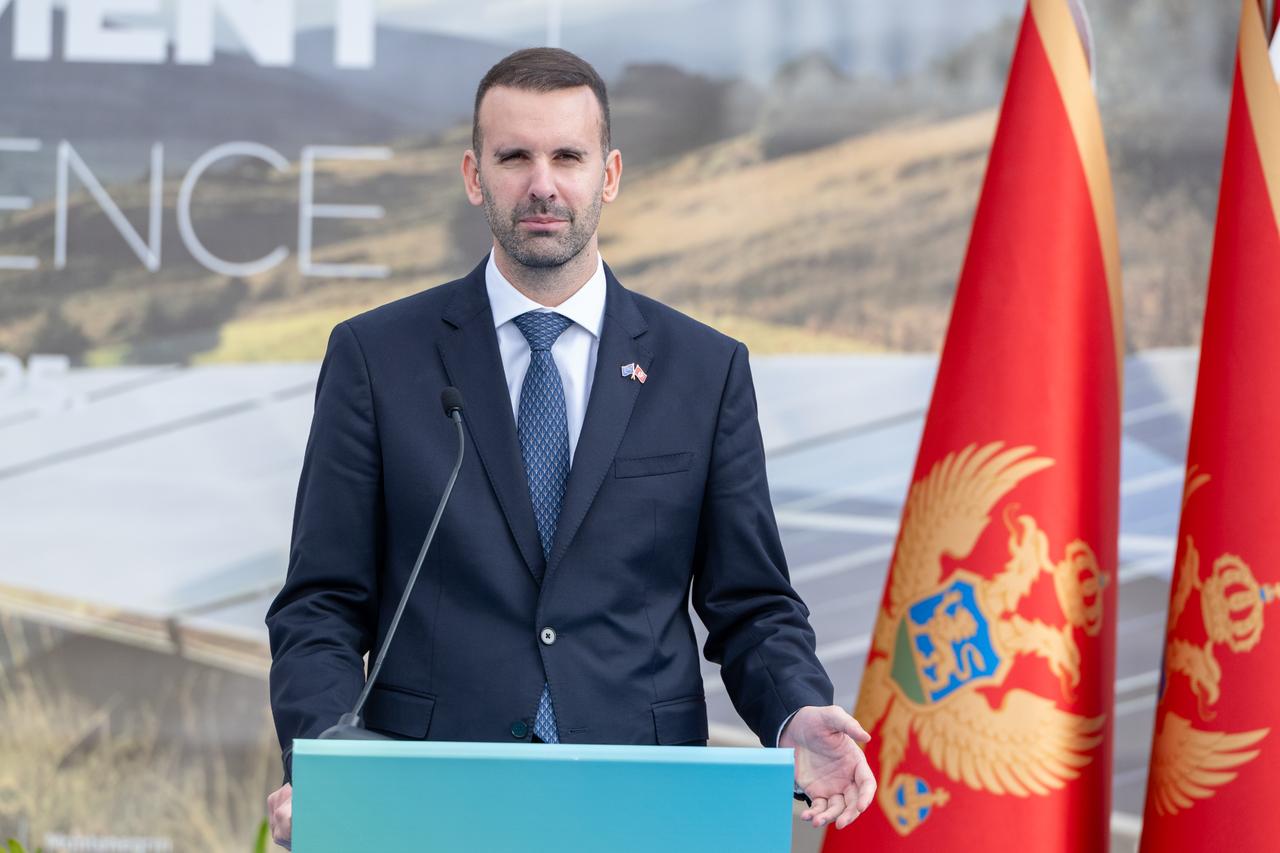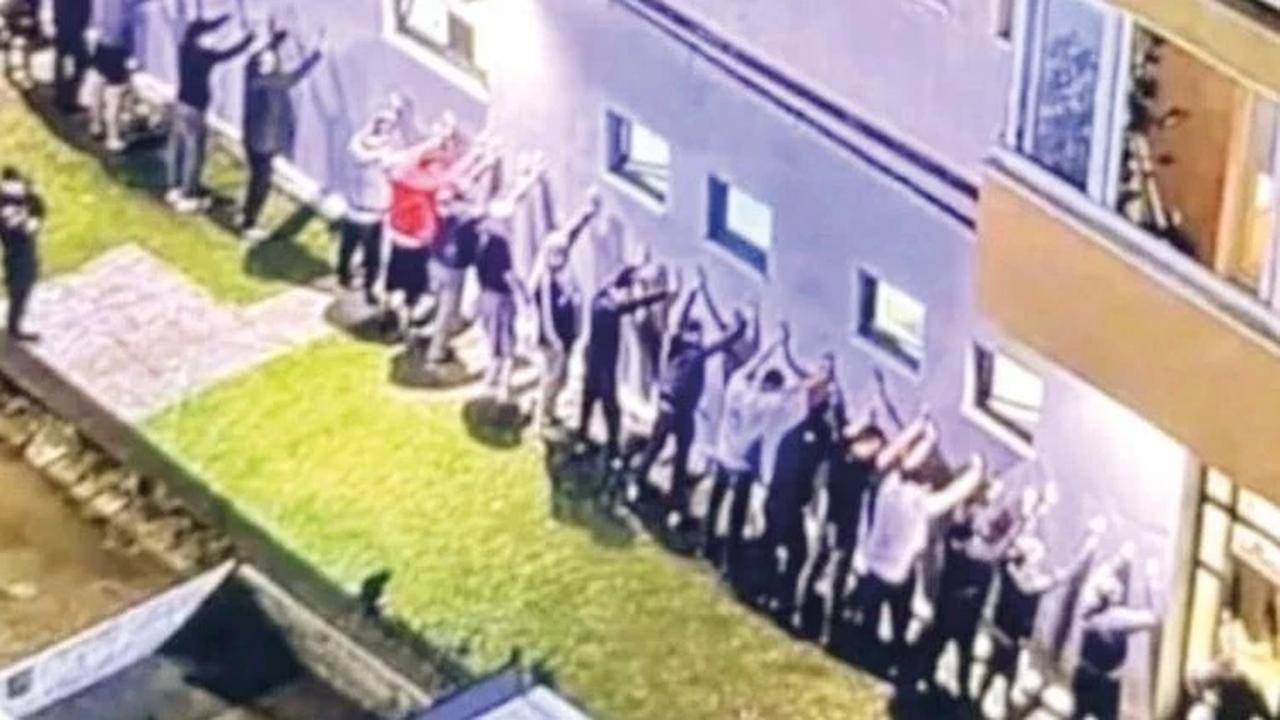
Istanbul recently hosted an important celebration and reception for Montenegro’s Statehood Day. I was supposed to attend with my friend from the Bosnian consulate, but I was away for work. I was very sad to have missed it, especially when she told me how it gathered some of the Balkans’ most prominent voices alongside leading Turkish figures, including Foreign Minister Hakan Fidan.
Fidan plays a major role in my region, the Balkans, and, as a journalist and analyst, I follow his work closely. Friends who attended told me how warm and engaging Fidan was: chatting with everyone, listening to concerns, and showing genuine interest in the challenges the Balkans face, a region he knows very well.
Fidan used the platform to speak about Montenegro’s multicultural character and the long historical ties between Türkiye and Montenegro. He praised Montenegro as a model of peaceful coexistence and reminded the audience that Türkiye recognized Montenegro early on, a reminder, in his words, that their relationship is built on history, respect and real cooperation.
But Fidan’s gestures were not an empty ceremony. President Erdogan and other Turkish officials have repeatedly framed bilateral ties as more than symbolic, spelling out concrete business and investment plans and setting ambitious trade targets. The economic reality is straightforward: annual trade volume is in the hundreds of millions of euros, but both capitals are pushing to expand it to roughly €500 million and to deepen cooperation across infrastructure, tourism, energy and services. Turkish firms are increasingly visible on the ground in Montenegro, with contractors, hotel and real estate investors, and a growing roster of projects that make Ankara one of the country’s most important economic partners.
So why, then, have we gone from that Istanbul scene of celebration to a suspension of visa-free travel for Turkish citizens, all within weeks?
Fast forward to this week: Montenegro announced a temporary end to its visa-free regime for Turks after a weekend of violent incidents in Podgorica that included the stabbing of a local man and clashes that left dozens detained and Turkish-owned premises attacked. Montenegrin authorities said they acted to restore order; Turkish officials said they have been in continuous contact with Podgorica to ensure the safety of Turkish citizens.
During protests in parts of Podgorica, reports emerged of crowds chanting explicitly xenophobic and violent slogans, including calls to “Kill the Turk.” Those chants are not a spontaneous outburst of anger; they echo a poisonous, old lexicon of hate that we must neither tolerate nor normalize.
Those words also conjure chilling historical echoes. We cannot forget what genocidal rhetoric sounds like. When Bosnian Serb commander, a convicted war criminal, Ratko Mladic’s forces entered Srebrenica in July 1995, he called for “revenge against the Turks”—words that prefaced one of Europe’s darkest chapters, the genocide in Srebrenica.
Remembering that history is not a rhetorical flourish; it is a warning. When a mob in 2025 chants for violence, we cannot dismiss it as the “heat of the moment.” We must call it out, investigate who fuels it politically, and stop it before it metastasizes. But both sides have to do it together.
There is a political context as well that matters. In Belgrade, President Aleksandar Vucic has recently lashed out at Ankara over Turkish arms deliveries and drone sales to Kosovo, a former Serbian province whose independence Serbia refuses to accept.
Vucic’s anger at Ankara’s support for Kosovo has been public and loud, and Serbian political actors have for months been shaping regional narratives about who is friend and who is foe. Later, Vucic retracted some of his words, but tensions remain. And coupled with massive protests in Belgrade over corruption and his governance, it creates fertile ground for nationalists to stoke anti-Turkish sentiment and to use crises in smaller neighboring states as political ammunition.

Montenegro’s internal politics is fragile. After years of deadlock, the country now has a governing coalition in which pro-Serbian elements hold significant sway, actors who often sympathize with narratives coming out of Belgrade and who have, in the past, enabled secessionist or nationalist projects in the region, including in Bosnia and Herzegovina.
The result is that a domestic incident, which in a healthier polity would be handled by police and courts, becomes a geopolitically charged spectacle: visas are suspended, investors panic, and ordinary ties are ruptured. And the people of Montenegro, those who welcome tourists and depend on foreign capital, will pay the price.
Let’s be blunt about responsibility. Ankara has made no secret of its interest in the Western Balkans: it is a major economic actor and has legitimate diplomatic leverage. But Türkiye is not an imperial power in the region; it is an investor and a partner. Neither Belgrade nor any other capital has the right to dictate to Türkiye. Kosovo or Montenegro on how to conduct their foreign relations, nor to manipulate public sentiment against foreigners for short-term political gain.
What must happen next is urgent. Montenegro’s authorities must investigate the violence transparently, hold perpetrators accountable, and make clear that xenophobic incitement will not be tolerated. Regional leaders in Sarajevo, Belgrade, and Podgorica should call for calm and for respect toward Turks living and working in their countries, just like the Turkish Foreign Minister did.
Pro-Serbian politicians in Montenegro must stop weaponizing regional grievances for domestic politics. Instead of temporarily imposing visas for Turkish citizens, Montenegro’s government should call on the protection not just of its citizens but also of Turks living there and respect its country and its people.
Montenegro and Türkiye stood in Istanbul not long ago, celebrating shared history and cooperation.
Let us not squander that work because of violence stoked by narrow interests. The people who will suffer most are not presidents or prime ministers, but families, shopkeepers and schoolchildren who want only a safe life and a decent future.
DISCLAIMER: The views and opinions expressed in this article are those of the author and may not necessarily reflect the editorial policy of Türkiye Today.